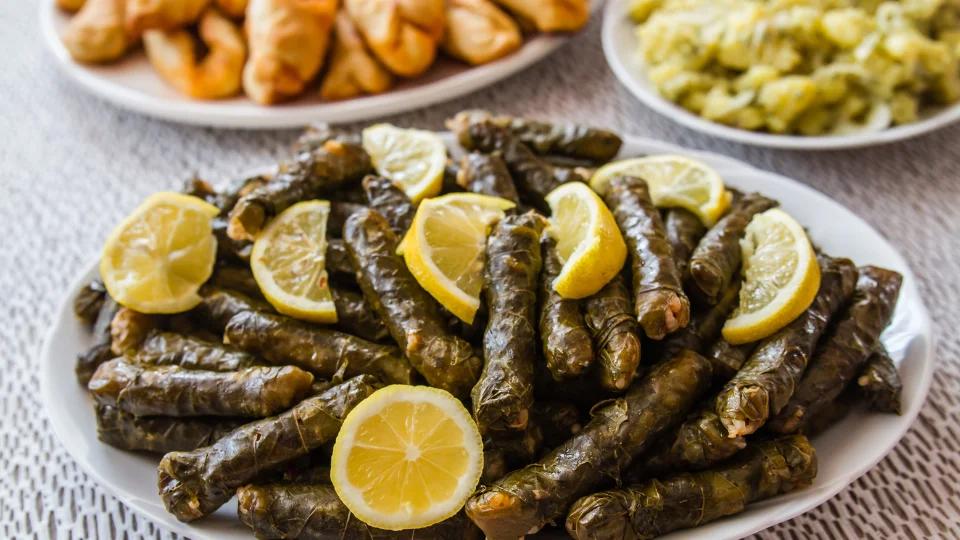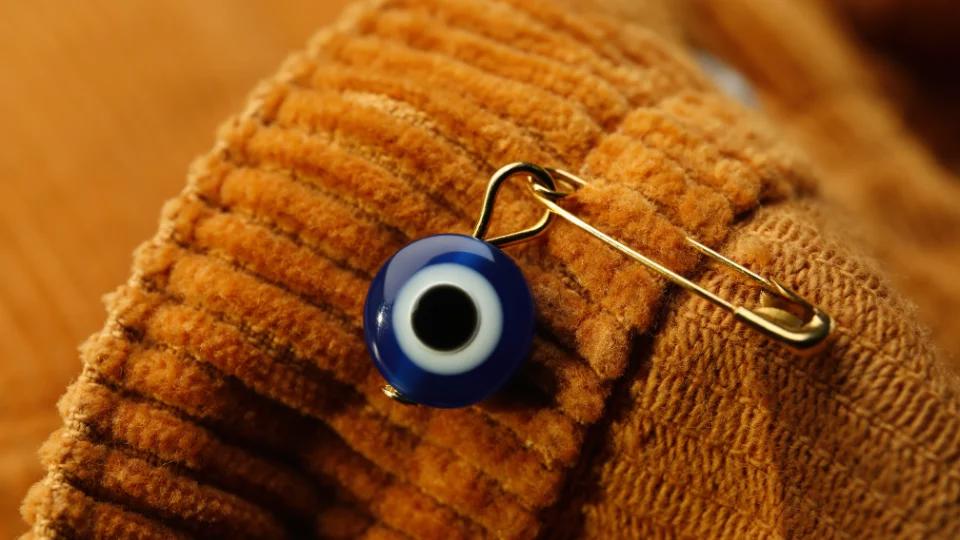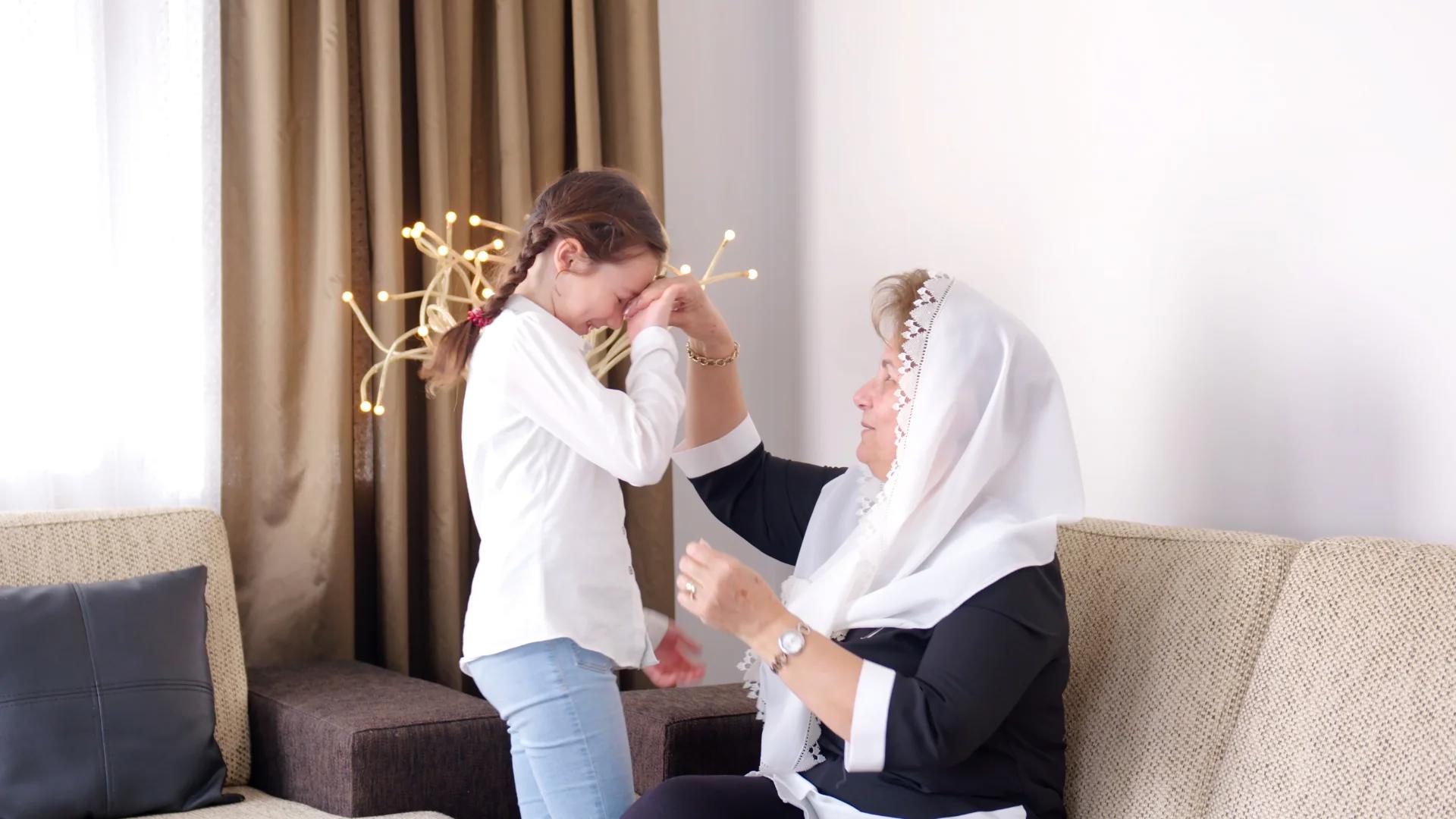
Turkish Traditions from Daily Life: A Fun Guide
When you visit Turkey, you’ll notice more than ancient ruins and tasty food. You’ll see little daily rituals that reflect kindness, respect, and family values. These aren’t superstitions—they’re real Turkish traditions that shape everyday life.
Let’s explore some of the most heartwarming and unique Turkish daily customs you’ll experience from the moment you arrive.
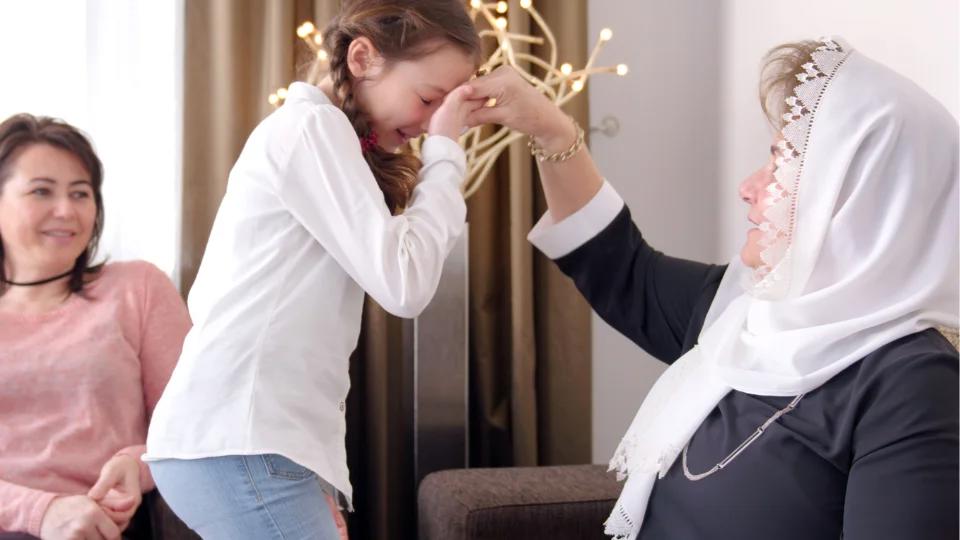
Why do Turkish people kiss hands and touch them to their forehead?
This tradition shows deep respect for elders. When younger people visit grandparents or older relatives—especially during holidays or special occasions—they gently kiss the elder’s hand and then touch it to their own forehead.
It’s a way of saying, “I honor you.” You’ll see this during family visits, weddings, Bayram celebrations, or even after someone helps you with a big favor.
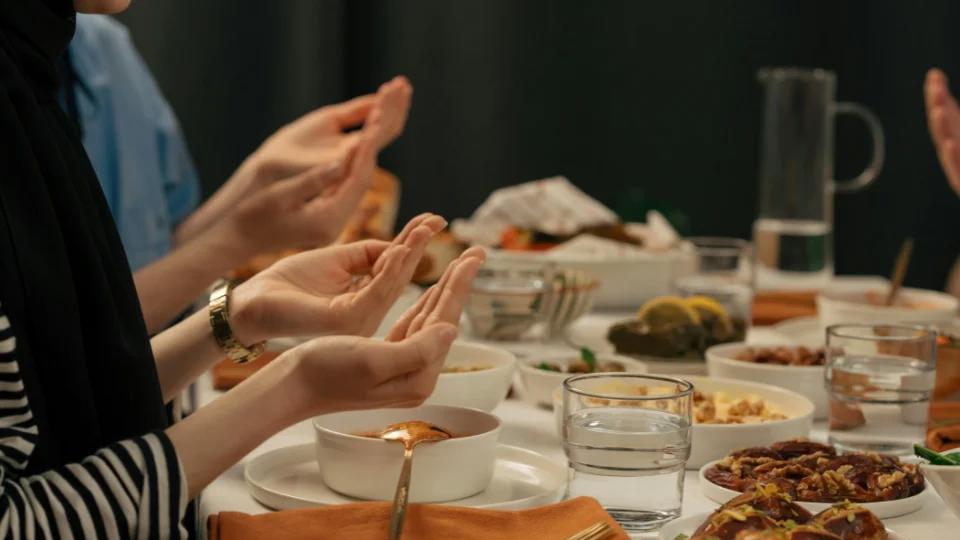
What happens during Bayram holidays?
Bayram in Turkey is more than just a day off. It’s a time for family, forgiveness, and tradition. During Ramazan Bayrami (Eid al-Fitr) and Kurban Bayrami (Eid al-Adha), families wake up early, wear clean or new clothes, and visit elders.
Children go from house to house, greeting adults by kissing their hands and saying "Bayraminiz kutlu olsun" (Happy Bayram!). In return, they receive Bayram harcligi—small envelopes of money or candy.
If you're in Turkey during a Bayram, join a Classic Culture Tour to see this traditions.
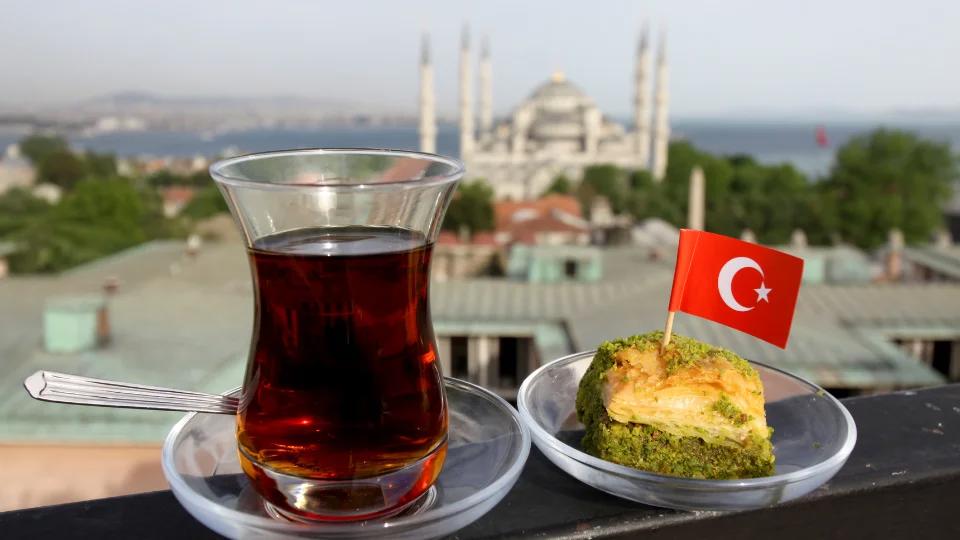
Why is tea so important in Turkish life?
Tea is more than a drink. It’s a social ritual. Turks drink tea at breakfast, after meals, during meetings, or while waiting for a haircut. The small tulip-shaped glass, always served hot and strong, is a sign of hospitality.
When someone offers you tea, they’re also offering friendship. Refusing it isn’t rude—but saying yes is the first step to a warm chat.
You can enjoy a full tea experience during a Private Turkish Tasting Tour with locals in Istanbul.
Why do people bring food to neighbors?
If someone bakes a tray of borek or makes too much sarma (stuffed grape leaves), they send some to their neighbors. This habit is especially common:
- After someone has a baby
- During Ramadan and Bayram
- After a death in the family
- When someone moves into a new home
In return, neighbors often send back the plate filled with a different treat. This exchange builds strong neighborhood bonds and is a beautiful unspoken tradition.
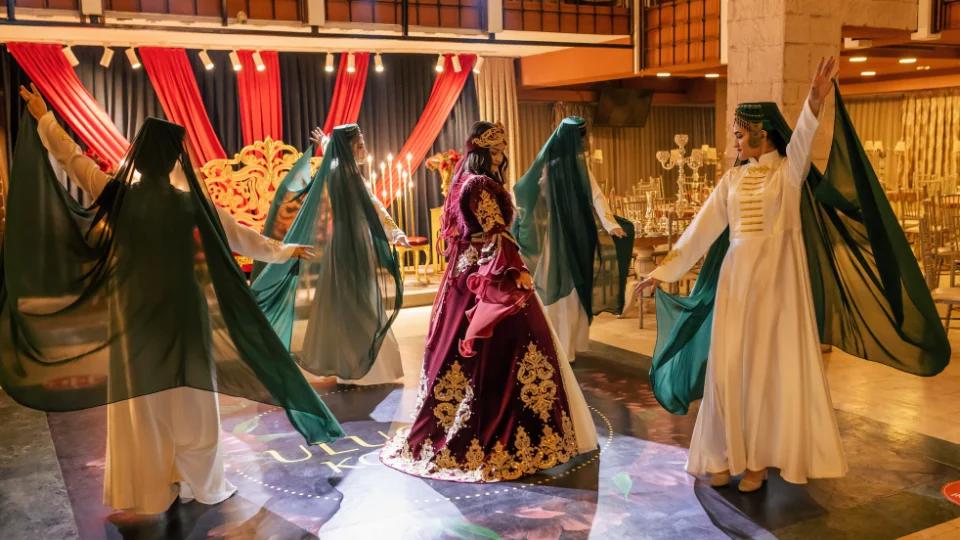
What happens before weddings?
Before the wedding day, there is a traditional celebration called kina gecesi (henna night). The bride’s female relatives and friends gather to sing, dance, and apply henna to her hands. Henna symbolizes good luck and protection.
Do Turkish people still follow dowry customs?
Yes, in many families, especially in rural areas, the bride prepares a “ceyiz” chest filled with handmade linens, towels, clothes, and kitchen items. It’s not just about marriage—it’s about craftsmanship and family tradition passed from mothers to daughters.
Modern couples often mix tradition with new ideas, but the meaning stays the same: family support and readiness for a new life.
Are there everyday traditions with children?
Yes! Turkish people love children, and several traditions highlight this:
- Piercing baby girls’ ears at a young age
- Celebrating the 40th day after birth with a baby bath and special rituals
- Dressing babies with blue evil eye pins for protection (a tradition, not a superstition)
- Children are often the center of attention at gatherings. Even strangers may smile and play with them in public.
What does a weekend look like in Turkish life?
Weekends are about family time and breakfast outings. On Sundays, cafes and homes are full of people sharing long, rich breakfasts known as kahvalti. This includes eggs, olives, jams, cheeses, simit, and lots of tea. Joining a family breakfast is one of the best ways to understand real life in Turkey.
If you want to experience the country beyond museums and mosques, start with the people. Share tea, join a breakfast, visit during Bayram, or attend a wedding night. These are the memories that stay with you forever. Contact us today to join a local tour and experience the real beauty of Turkish daily traditions—up close and heart to heart.
